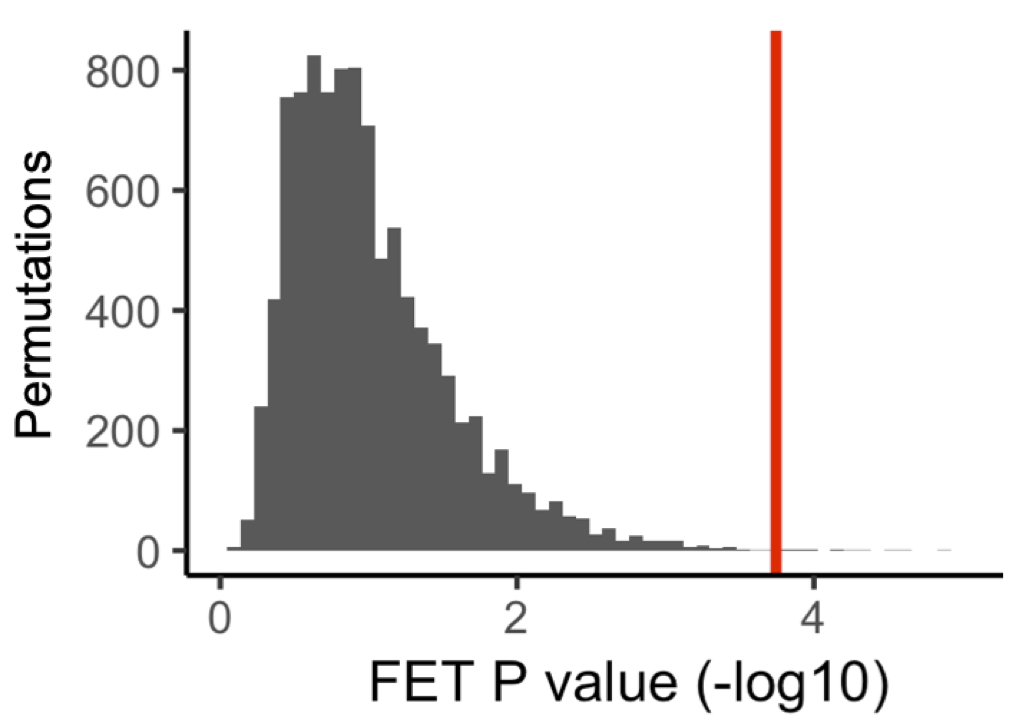Abstract
A genetic etiology is identified for one-third of patients with congenital heart disease (CHD), with 8% of cases attributable to coding de novo variants (DNVs). To assess the contribution of noncoding DNVs to CHD, we compared genome sequences from 749 CHD probands and their parents with those from 1,611 unaffected trios. Neural network prediction of noncoding DNV transcriptional impact identified a burden of DNVs in individuals with CHD (n = 2,238 DNVs) compared to controls (n = 4,177; P = 8.7 × 10−4). Independent analyses of enhancers showed an excess of DNVs in associated genes (27 genes versus 3.7 expected, P = 1 × 10−5). We observed significant overlap between these transcription-based approaches (odds ratio (OR) = 2.5, 95% confidence interval (CI) 1.1–5.0, P = 5.4 × 10−3). CHD DNVs altered transcription levels in 5 of 31 enhancers assayed. Finally, we observed a DNV burden in RNA-binding-protein regulatory sites (OR = 1.13, 95% CI 1.1–1.2, P = 8.8 × 10−5). Our findings demonstrate an enrichment of potentially disruptive regulatory noncoding DNVs in a fraction of CHD at least as high as that observed for damaging coding DNVs.
